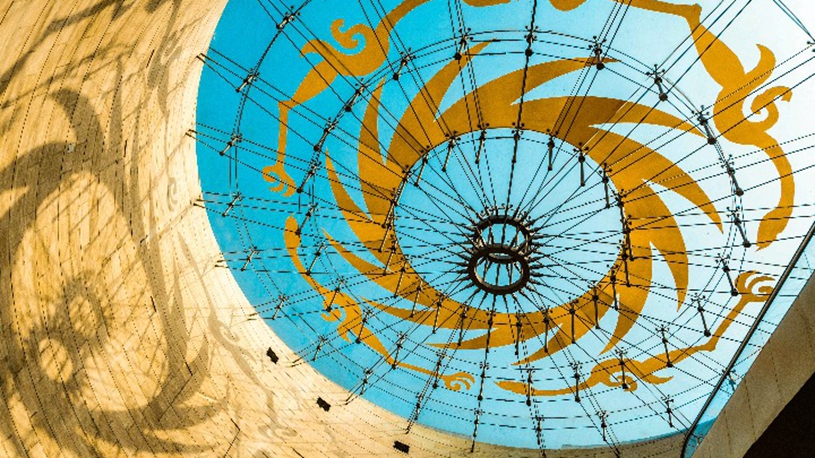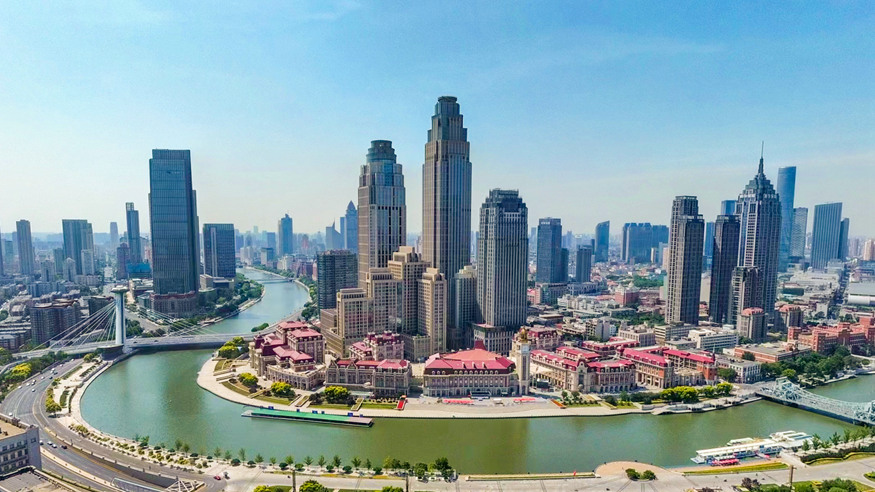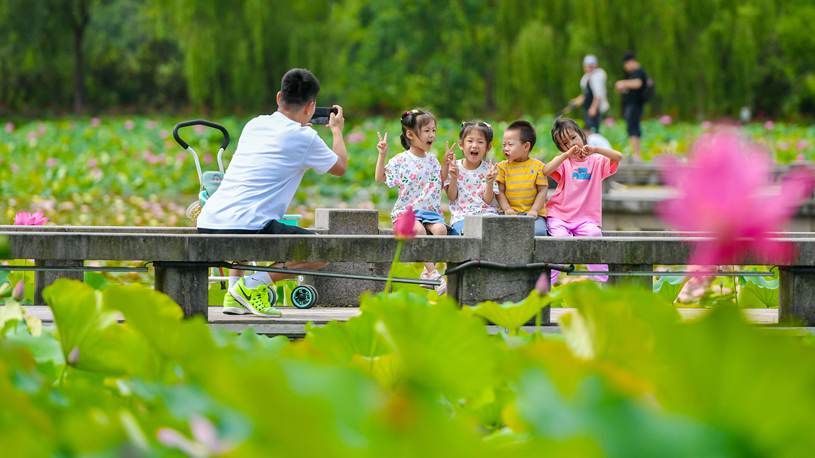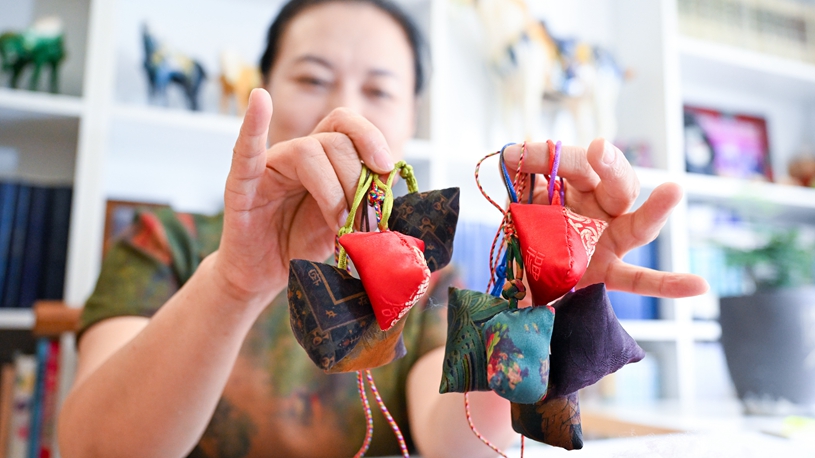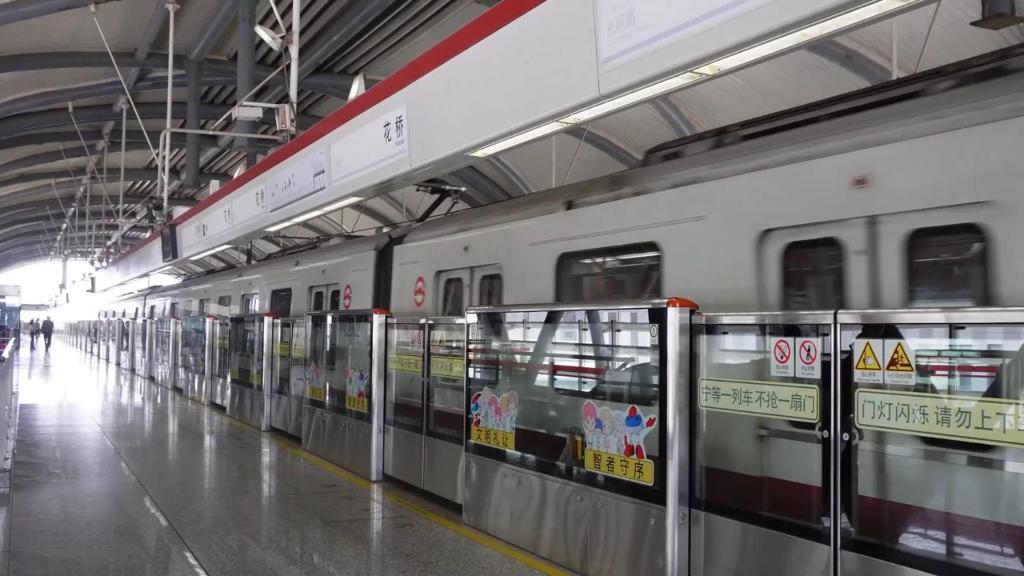"Ping-Pong Diplomacy" played a significant part in breaking the ice of Sino-U.S. relations, and still resonates over half a century later.
"In my history as a diplomat, when you have a problem that you're trying to solve, you look at the past and figure out what worked in the past," said former U.S. diplomat Stephen Mull.
BEIJING, June 26 (Xinhua) -- "I still remember what 'Ping-Pong Diplomacy' was like between the United States and China in the early 1970s and I think we should try it again," a former U.S. diplomat has said.
"I know in my history, as a diplomat, when you have a problem that you're trying to solve, you look at the past and figure out what worked in the past," said Stephen Mull, former U.S. acting undersecretary of state for political affairs, during a recent exclusive interview with Xinhua.
At the invitation of the Chinese table tennis team at the conclusion of the 31st World Table Tennis Championships in Nagoya, Japan, the U.S. table tennis team arrived in China for a visit on April 10, 1971, becoming the first U.S. group to do so since the founding of the People's Republic of China in 1949.
Three months later, then U.S. National Security Advisor Henry Kissinger paid a secret visit to China.

Chinese table tennis players stage a table tennis performance in College of William & Mary in Virginia, the United States, April 16, 1972. (Xinhua/Qian Sijie)
The "Ping-Pong Diplomacy," which played a significant part in breaking the ice of Sino-U.S. relations, still resonates over half a century later, according to Mull, who now vice provost for global affairs at the University of Virginia.
"A few weeks ago, we asked our Ping-Pong team at the University (of Virginia): how would you like to go to China and play with the Chinese Ping-Pong teams? And they said, yes."
Mull said he would like to bring the Ping-Pong team to China in January next year for a couple of weeks, and his top priority during his ongoing China visit is to make that happen.
"Not just to play Ping-Pong, but to learn something about Chinese culture, to learn something about Chinese history and to just be with Chinese people, so that we can learn from each other," he said.
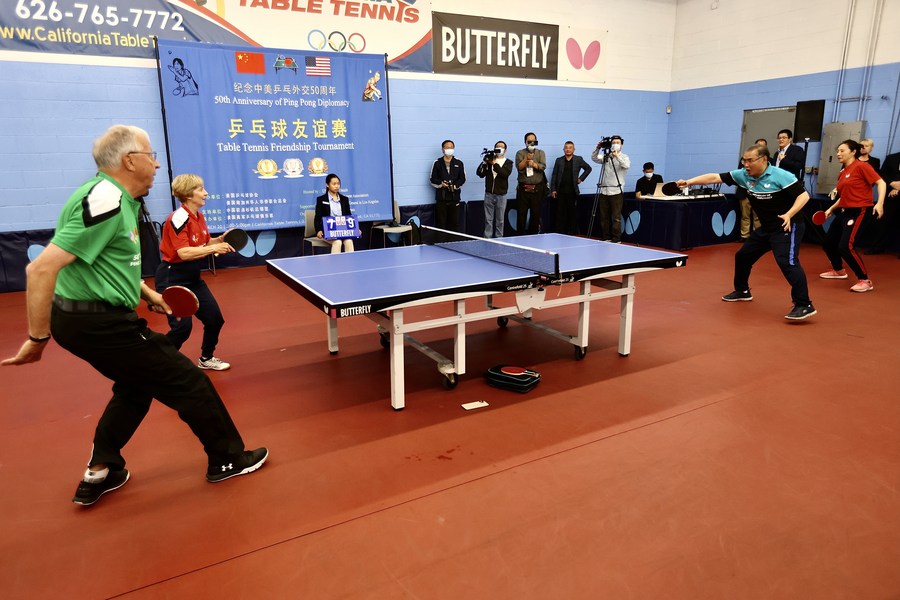
Connie Sweeris (2nd L) and her husband Dell Sweeris (1st L), a U.S. couple who once experienced the ice-breaking "Ping-Pong diplomacy" in the 1970s as table tennis players, play an exhibition match with USATT's Chief Executive Officer Virginia Sung (1st R) and Chinese Consul General in Los Angeles Zhang Ping (2nd R) in Los Angeles, the United States, March 20, 2022. (Xinhua)
When asked about Washington's "de-risking" and "decoupling" strategy to isolate China, Mull said he doesn't think it's possible to decouple the American and Chinese economies.
"Our economies are so closely linked and mutually dependent on each other. I personally don't think it would be wise to try and split that apart. It would cause a lot of pain," he said.
"I don't think it's in China's interest. I don't think it's in America's interest," he added.
Mull said whatever tensions there may be, both countries should keep educational engagement open as "our scientists, our researchers and our professors cooperating together can help solve the problems that we both face, whether it has to do with sustaining the environment or preventing the next pandemic, or making sure the world trade system works well together."
"I think we have a lot that we can accomplish together through academic exchanges," Mull said.■

